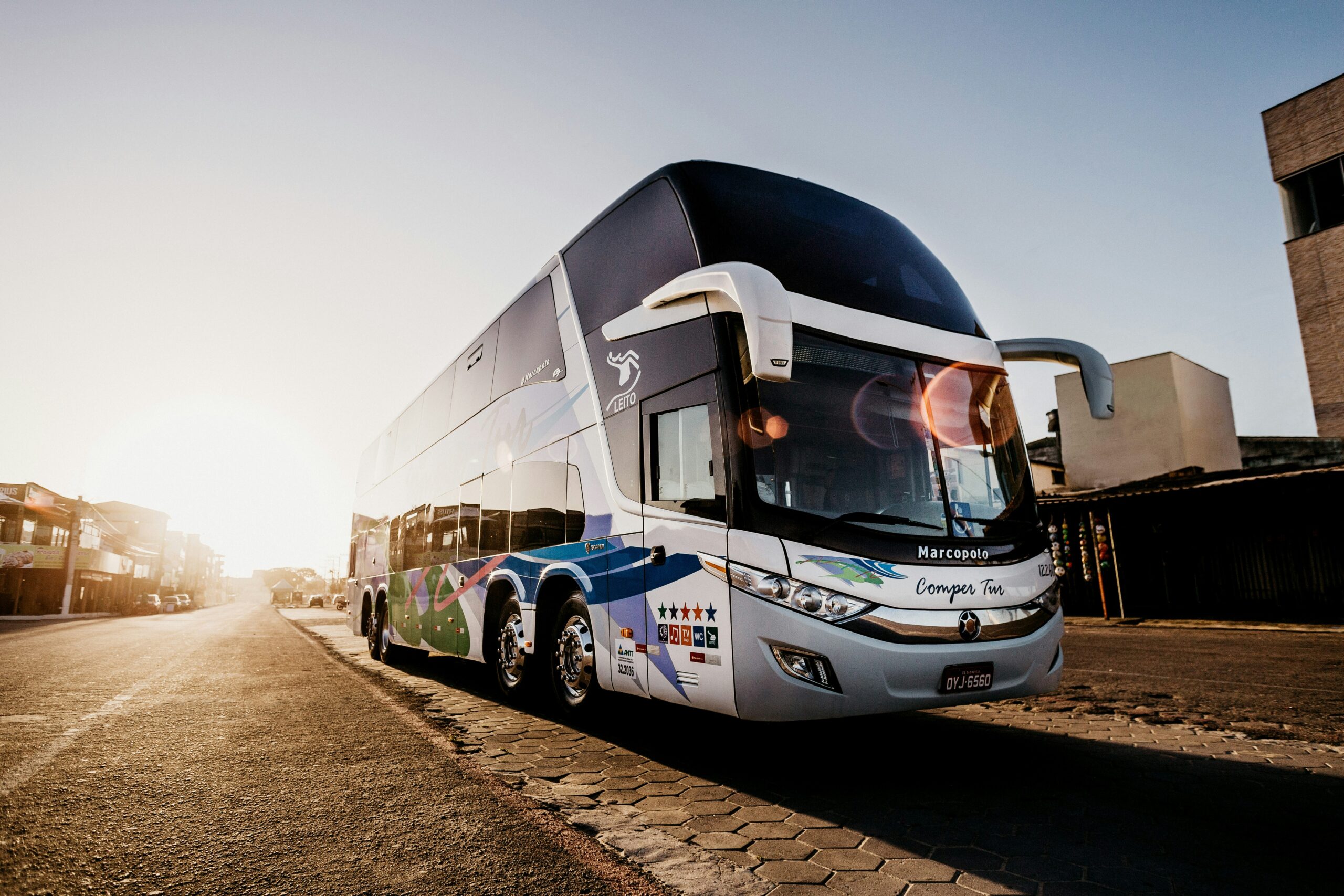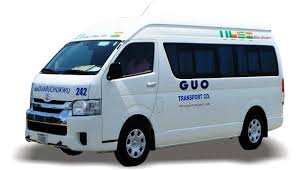Transportation is a vital component of daily life, influencing how we move, work, and connect in our communities. In Nigeria, a country marked by its vibrant diversity and dynamic economy, the choice of transportation is shaped and affected by several complex factors.
Nigerians rely on a range of transport modes to meet their needs. Understanding these factors is crucial for policymakers, businesses, and individuals alike as they navigate the challenges and opportunities within the nation’s transportation landscape.
Related: The Top 11 Transport Companies in Nigeria
Factors affecting choice of transportation in Nigeria
The choice of transportation in Nigeria is influenced by a variety of factors, reflecting the country’s socio-economic, geographical, and infrastructural conditions. Here are some key factors
- Cost Of Transport and Budget: The affordability of transportation options is a major consideration for many Nigerians. Public transportation, like buses and motorcycles (okadas), is generally cheaper than private car usage or air travel, influencing many to opt for these more economical options.
- Accessibility: The availability and convenience of different transportation modes play a critical role. In urban areas, where public transport networks are more developed, options like buses, BRT (Bus Rapid Transit), and ride-sharing services are more accessible. In rural areas, where infrastructure may be lacking, motorcycles and bicycles are often the most viable options
- Safety: Safety concerns influence transportation choices, especially given issues like road accidents, armed robbery, and kidnapping on certain routes. Many people prefer transportation modes perceived as safer, such as ride-sharing services with tracking features, or airlines for longer distances
- Travel Time: The urgency of travel affects the choice of transportation. For instance, air travel is preferred for long-distance trips to save time, despite being more expensive. Similarly, motorcycles are chosen for short, quick trips within congested urban areas
- Government Policies: Policies and regulations, such as restrictions on commercial motorcycles in certain areas or subsidies for public transport, also shape transportation choices. Initiatives to improve public transportation infrastructure can shift preferences over time. A good example was when the Lagos government stopped the movement of okadas within Lagos, this resulted in high costs in other forms of transportation. Government policies can negatively or positively impact factors affecting transport choice
- Flexibility: Railways, water and air transport are inflexible modes of transport. They operate services on fixed routes and at preplanned time schedules. The goods have to be carried to the stations, ports and airports and then taken from there. Motor transport provides the most flexible service because it is not tied to fixed routes or time schedules. It can operate at any time and can reach the business premises for loading and unloading.
Solutions to Factors affecting choice of transportation in Nigeria
Addressing the factors influencing transportation choices in Nigeria requires a comprehensive approach. Here are targeted solutions for each factor:
- Solving Transportation Problems. Improved Transportation Options can help reduce traffic congestion, facility costs, road risk, environmental impacts, and consumer costs.
- Enhanced Security Measures: Improve security on public transport and major routes to mitigate risks of theft and attacks. Even people who do not currently use a particular form of transport may value its availability as a form of insurance to accommodate future needs.
- Road Safety Campaigns: Implement road safety education campaigns and stricter enforcement of traffic laws to reduce accidents.
- Consumers benefits: Improved options allow consumers to save money, avoid stress, and reduce their need to chauffeur non-drivers.
Understanding these factors is essential for developing effective solutions that can enhance the efficiency, affordability, and accessibility of transport across the country.
By implementing strategic measures such as subsidizing public transport, investing in infrastructure improvements, enhancing safety and security, and leveraging technological innovations, Nigeria can address the various challenges affecting transportation choices. Promoting non-motorized transport, improving rural connectivity, and fostering public-private partnerships are also critical steps in creating a more integrated and sustainable transportation system.




